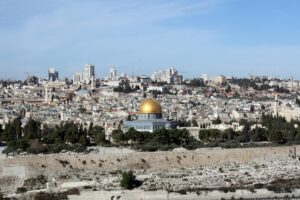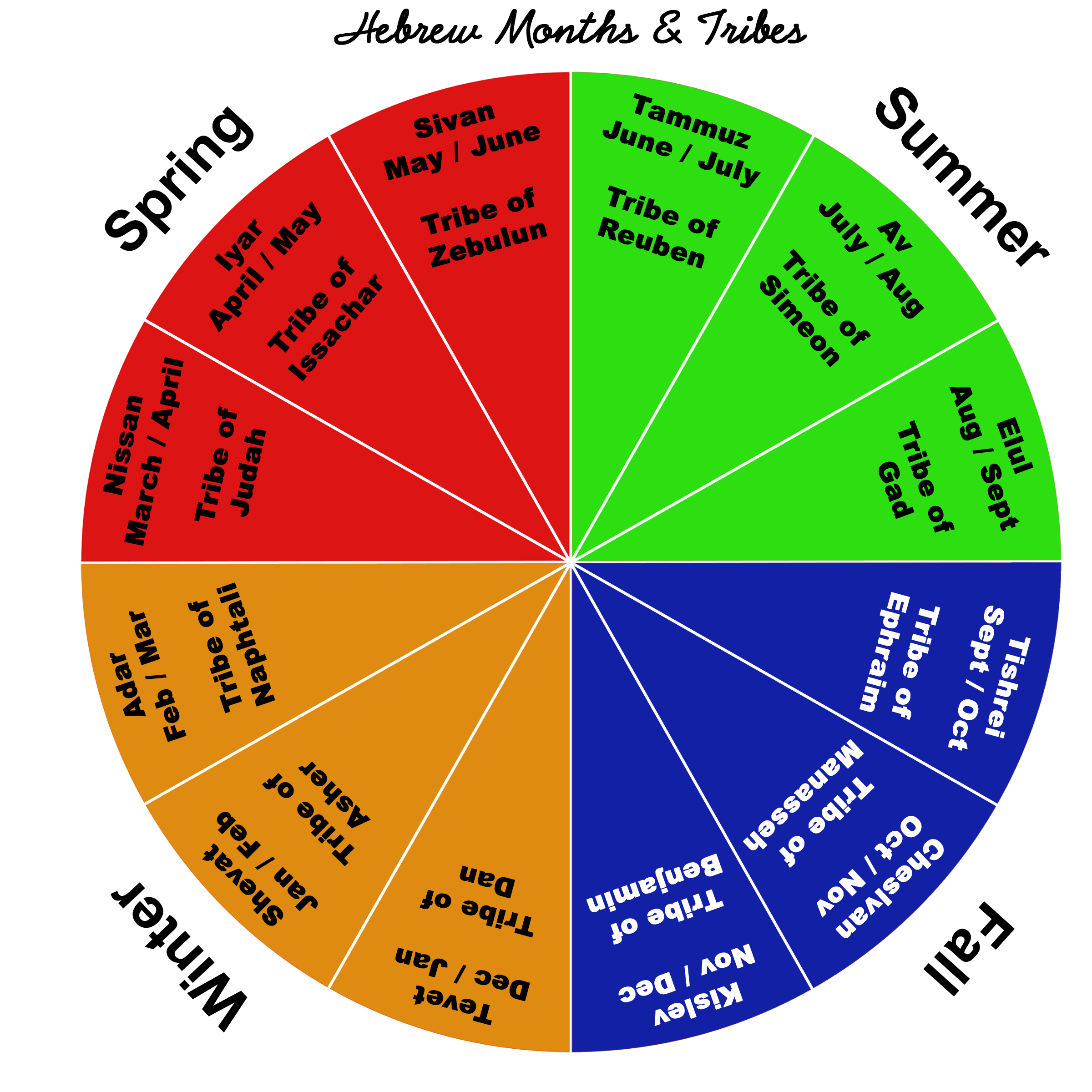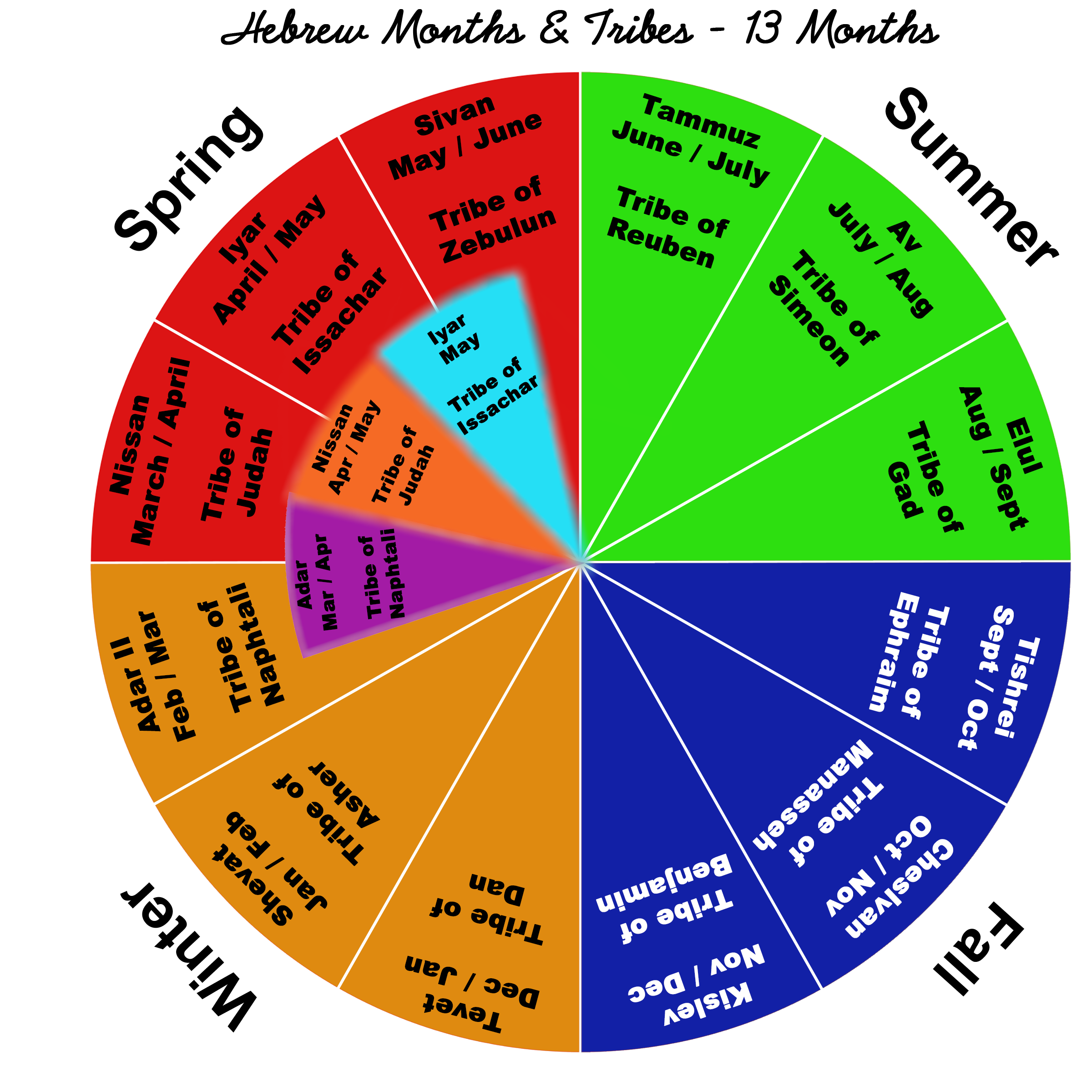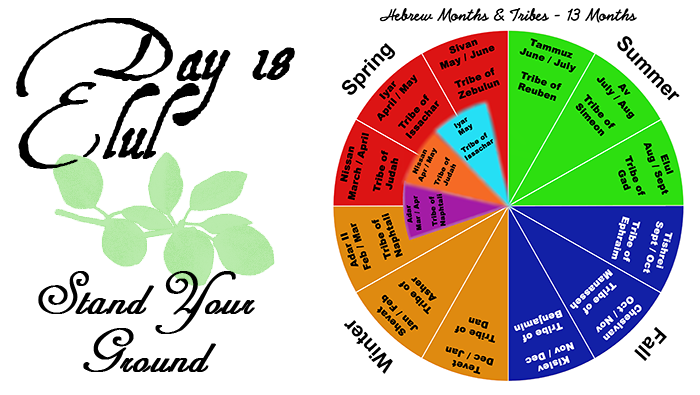Stand Your Ground
Today I want to revisit warfare and the shofar. When I say warfare, I mean spiritual warfare that spills over into the natural, physical realm.
In the Book of Nehemiah, Nehemiah was the king’s cupbearer and was released to go back to Jerusalem and inspect the city with its torn down walls and burned gates. He begins the process of rebuilding the city walls. In Chapter 4, Sanballat, Tobiah, the Arabs, the Ammonites, and the Ashdodites heard of the work in progress and determined among themselves to see to it that the work ceased.
 The breaches in the walls of Jerusalem were many and great. Nehemiah set half the people to be on guard and half the people to build. Even those who were building were armed and prepared for battle at a moment’s notice. However, although they expected a full-on attack, they had no idea from which direction the attack might come.
The breaches in the walls of Jerusalem were many and great. Nehemiah set half the people to be on guard and half the people to build. Even those who were building were armed and prepared for battle at a moment’s notice. However, although they expected a full-on attack, they had no idea from which direction the attack might come.
In many places the breaches in the walls were some distance apart. Further than a man could shout from across one side of the city to the other. Nehemiah stationed a man with a trumpet near him as he continually went from place to place to examine the work. Nehemiah said in 4:20:
“At whatever place you hear the sound of the trumpet, rally to us there, Our God will fight for us!” Nehemiah 4:20 (NASB95)
A man could not shout and be heard from one breach in the wall to another, but the sound of the trumpet could be heard across the city.
Now Nehemiah understood and remembered the Scriptures although the Jews didn’t have their Torah or Prophets in Babylon. He remembered hearing about Moses as he led the sons of Israel up to the Red Sea as the Egyptians chased after them.
But Moses said to the people, “Do not fear! Stand by and see the salvation of the LORD which He will accomplish for you today; for the Egyptians whom you have seen today, you will never see them again forever. The LORD will fight for you while you keep silent.” Exodus 14:13-14 (NASB95)
Nehemiah recalled what God had done for Israel in the past. He remembered hearing about Joshua and Jericho. He knew about Gideon an his three hundred. Nehemiah understood that a God that could do those things then was just as capable and just as willing to do those same things even as the remnant had returned to rebuild Jerusalem. Just read Nehemiah 1:5-11. Nehemiah knew what had to be done first. He repented and prayed for a nation!
Now it’s difficult enough at times to repent as an individual, but Nehemiah prayed, repenting, pleading for a nation!
 He set the trumpet to sound because it could be heard throughout the city. However, Nehemiah knew the trumpet sound had summonsed the Captain of the hosts of the LORD for Joshua and caused confusion in the Midianite camp for Gideon. Nehemiah knew that God fought those battles and won resounding victories! Nehemiah knew that God was still God and that his God was no wimp!
He set the trumpet to sound because it could be heard throughout the city. However, Nehemiah knew the trumpet sound had summonsed the Captain of the hosts of the LORD for Joshua and caused confusion in the Midianite camp for Gideon. Nehemiah knew that God fought those battles and won resounding victories! Nehemiah knew that God was still God and that his God was no wimp!
Now I want you to pay very close attention to what I am going to share with you next. Go to Nehemiah 6:15-16 which reads as follows:
“So the wall was completed on the twenty-fifth day of the month of ELUL, in fifty-two days. When all our enemies heard of it, and all the nations surrounding us saw it, they lost their confidence; for they recognized that this work had been accomplished with the help of our God. Nehemiah 6:15-16 (NASB95)
Now, do you remember when I asked you to read Nehemiah 1:5-11? Go read it again. Nehemiah prayed, repented for a nation, gained favor of a king, returned to rebuild a city, AND overcame the threats of hostile neighbors. The work on the wall was completed the 25th day of ELUL!
Are you beginning to make connections between repentance and the month of ELUL? I hope so, because I don’t know how to make it clearer. Not only is ELUL a month of repentance. It is a month leading up to a RESTORATION!
I’ll let you chew on that until tomorrow.
I am The Old Watchman, Ezekiel. Now you know a little more than you did yesterday.



